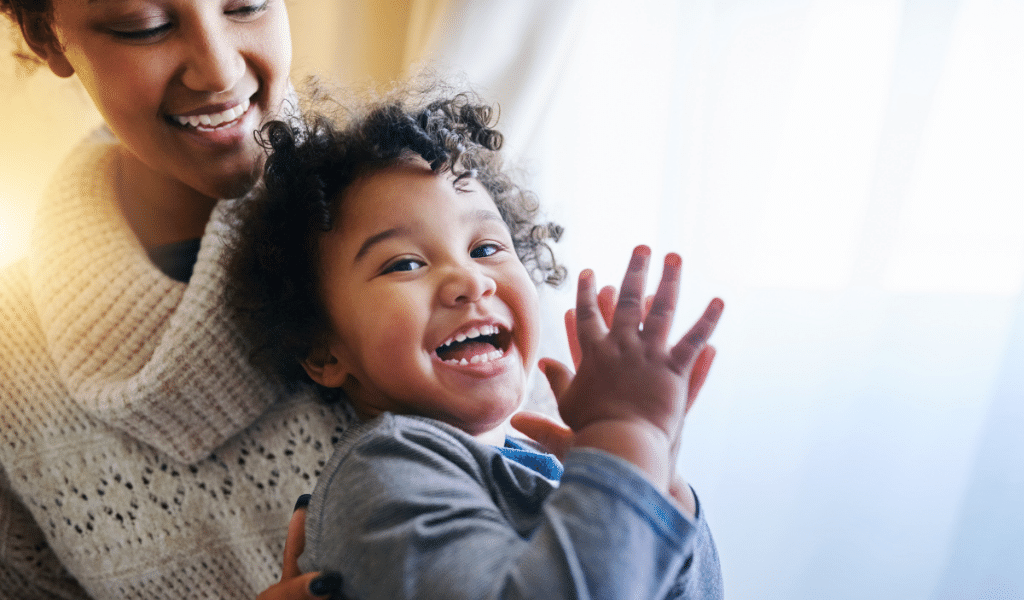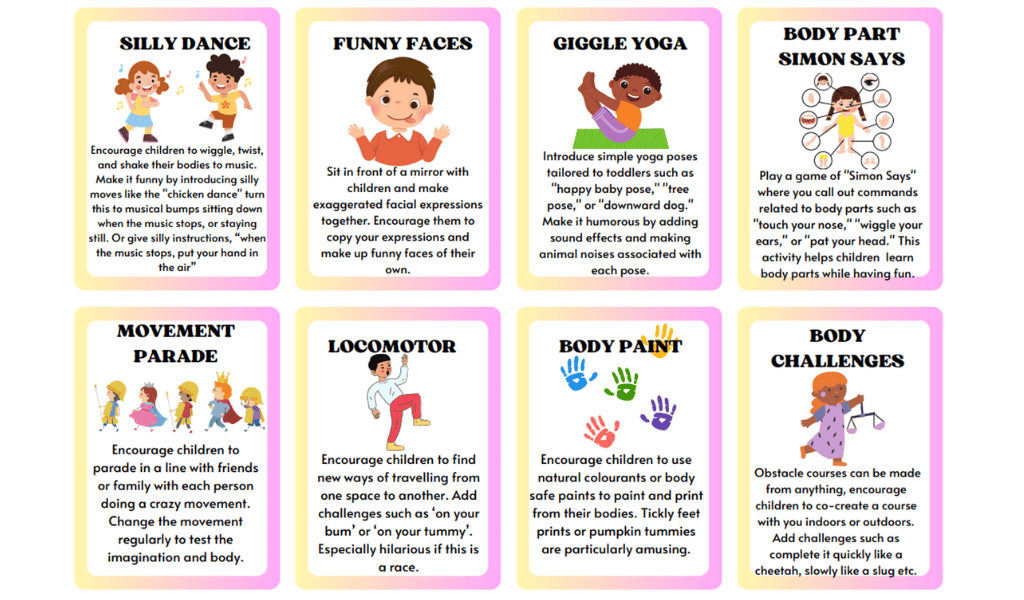Isn’t the sound of children’s laughter one of the most beautifully heartwarming things we can hear? I remember walking through the corridor between the two-year-old unit and the pre-school classroom, and the backdrop of laughter made me so confident, as a Training and Quality Manager, that, as a team, we were certainly getting something very right. Laughter truly is the music of the soul.
An interesting study by Mizugaki et al. (2015) explored maternal reactions to their babies crying, neutrality and smiling, and discovered that the physical stress response from mothers was naturally alerted at crying, remained neutral for neutrality, but interestingly their physical stress response decelerated with smiling. The work of Fredrickson and Levenson (1998), Undoing Effect, could be adopted to such findings here, as physical stress responses can be arguably ‘undone’ by exposure to de-stressors – in this case, smiles. How fantastic is it, that by simply increasing our exposure to smiles in the environment, we can make a difference to the emotional climate and dispositions to learn for ourselves and children? Perhaps you can create a ‘things that make us smile’ display board, with lovely beaming faces and quote bubbles from the children to promote increased exposure?
After all, smiles and laughter are often the earliest established, rehearsed and arguably readily available cue infants have to convey and influence their thinking, learning and socialising opportunities (Addyman, 2018, Boyd and Bee, 2019, Knudsen, 2004). They’re a fantastic option in our toolkit to facilitate development which we can maximise upon but perhaps we don’t always do so effectively.

If you’re privileged to be close to two-year-old children, why not try these body-based humour activities for a starter, I’ll be sharing more activity ideas with you in the webinar. Body-based humour is typically enjoyed in the early years as a favoured and beneficial humour type to elicit hilarity (and of course learning) most suitable to their stage of development (Hoicka et al., 2021).

There are many other things we can be doing to elicit smiles, laughter and thinking concurrently beyond body-based humour which I’ve discovered as I’ve been researching via four studies (questionnaire, multi-media case studies, experiments and co-production with the sector). Therefore, if you’re interested in higher-order thinking and the smile and laughter response, I’d love to share my discoveries. You’ll be pleased to learn that some of the recommendations for practice are purely internal or dispositional factors, for example subtly changing our own mindset. Whereas others are more practical and situational, altering the external aspects of the environment, however, none of the recommendations are costly or too complicated.
Addyman, C, Fogelquist, C, Levakova, L, Rees, S, (2018) Social facilitation of laughter and smiles in preschool children, Frontiers in Psychology, 9, 1048, doi: 10.3389/fpsyg.2018.01048.
Boyd, D & Bee, H, (2019) Lifespan Development, EBook, Global Edition. Harlow: Pearson Education, Limited.
Hoicka, E. et al (2021) The Early Humor Survey (EHS): A reliable parent-report measure of humor development for 1- to 47-month-olds, Behaviour Research Methods, 54, p1928-1953,
Knudsen, E, (2004) Sensitive periods in the development of the brain, CognNeruosci, 16, pp1412-25, doi: 10.1162/0898929042304796.
Mizugaki S, Maehara Y, Okanoya K, Myowa-Yamakoshi M.(2015) The Power of an Infant’s Smile: Maternal Physiological Responses to Infant Emotional Expressions, doi: 10.1371/journal.pone.0129672.